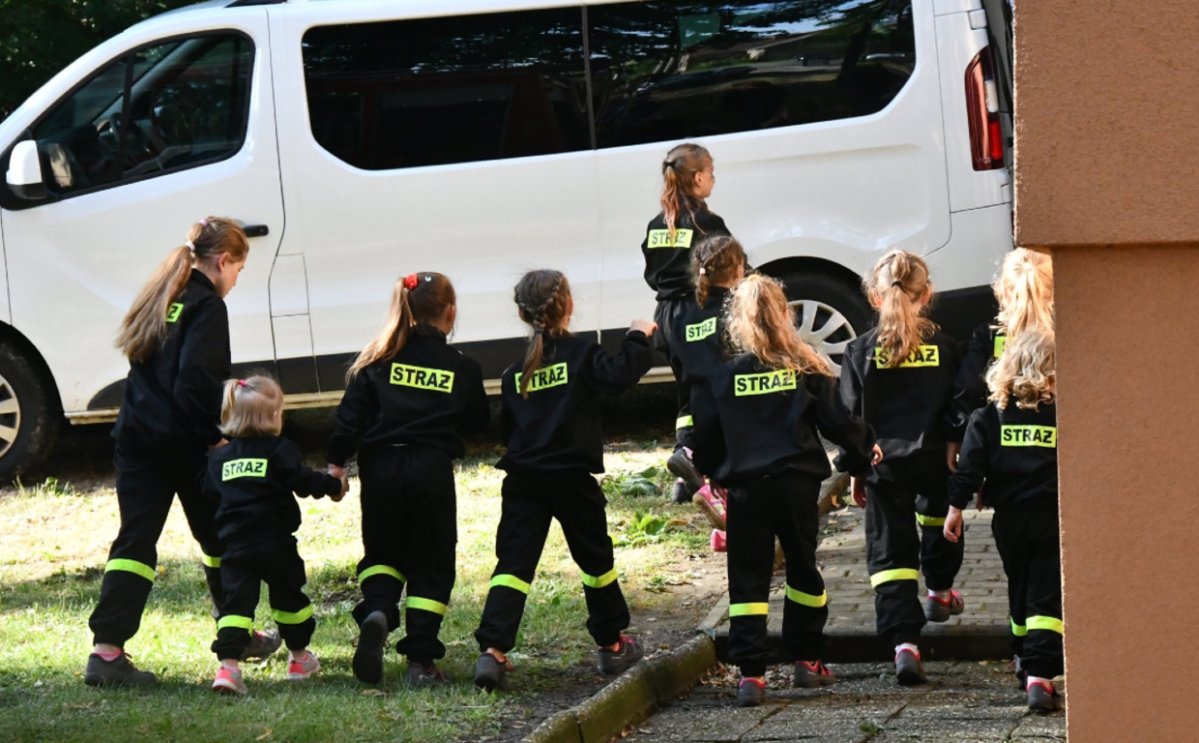Something’s in the water.

It’s been eight years since a boy was born in the small Polish village of Miejsce Ordzańskie, so the mayor is offering a reward to the first couple to make it happen, The First News of Poland reported.
Nestled on the border of Poland and the Czech Republic, the tiny community has slightly more than 300 people, and the vast majority are women.
It may sound like an urban legend, but it’s true, Adrianna Pieruszka told Global News.
READ MORE: Boy and soccer player without forearm bond in heartwarming photo
Pieruszka was born and raised in Miejsce Ordanskie, and runs the Facebook group for the small town’s fire brigade.
The 20-year-old student isn’t sure why this phenomenon exists, but attributes the lower birth rate to the small size of her community.
“I don’t know the answer,” she said. “It’s a small village, and births are only once in a while.”
WATCH BELOW: Celebrity kids who look like their parents

Another local, Tomasz Golasz, wasn’t born in the town, but moved there to marry and raise a family with a local woman.

Get daily National news
They had two daughters.
“I would like to have a son but it’s probably unrealistic,” he told Warsaw-based publication. “My neighbour also tried and has two daughters. I don’t think women give birth to boys here.”
Speaking to Poland’s national public broadcaster TVP1, the village’s mayor, Rajmund Frischko, said he’ll handsomely reward the first couple to welcome a baby boy.
“I think the situation is unusual and it is worth trying to find out why. For my part, I have decided to reward the parents of the first boy born,” he said. “I will not reveal exactly how, but I assure you that the gift will be attractive.”
Frischko, a father of two girls, has been looking into the bizarre circumstance Miejsce Ordzańskie finds itself in.
“We looked into it further, reviewing birth certificates. I think that what the older residents say is confirmed,” he said. “Girls are constantly born and the birth of boys is rare. Explaining this puzzle will not be easy.”
READ MORE: Neighbours create human chain to protect man from ICE arrest
There’s seemingly, as yet, no clear reason for this phenomenon — but it’s certainly captured the attention of Professor Rafal Ploski, Head of the Department of Medical Genetics at the Medical University of Warsaw.
“You have to go deep into the history and check the birth statistics. Then you should check if the girls’ parents are not related to each other, even to a very distant extent,” he said.
—
—
meaghan.wray@globalnews.ca









Comments